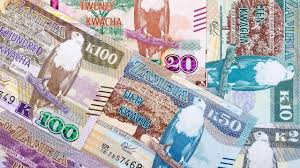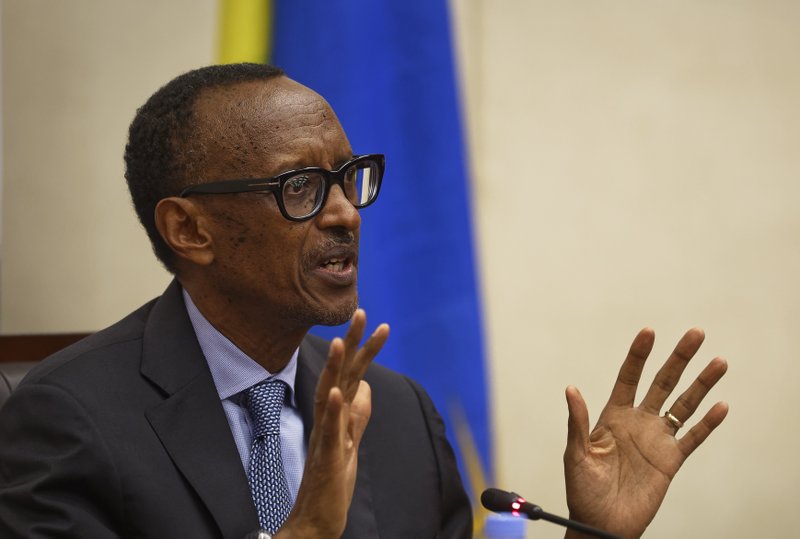The Zambian kwacha’s 42-day record losing streak against the dollar is set to continue until the government deals with its $12 billion of external debt, despite official attempts to support the beleaguered currency, according to StoneX Group Inc.
A copper price that has climbed to almost eight-year highs has failed to stem the tide after Africa’s second-biggest producer of the metal became the continent’s first pandemic-era default. It failed to make a $42.5 million payment on a $1 billion Eurobond in November, and the government stopped servicing most external commercial debt.
“In an attempt to reduce the volatility and devaluation seen during large parts of 2020, the Bank of Zambia has introduced some curbs on local foreign-exchange pricing which has helped to stem excessive volatility,” David
Willacy, a senior foreign-exchange trader at StoneX Group Inc. in London, said in an emailed response to questions. “It is likely the kwacha will continue to depreciate in the absence of any new large dollar inflows, or debt agreements from the government.”
The currency has weakened 9% against the dollar since September, but its depreciation has been more gradual this year after the government introduced regulations limiting dollar pricing variance for banks.
The Bank of Zambia has much greater control of the foreign-exchange market after legislation was introduced requiring mining companies, which account for more than 70% of export earnings, to pay taxes and royalties in dollars directly to the central bank.
Still, foreign exchange reserves have continued to slide and reached a near-record low of $1.28 billion by the end of October, according to the latest data from the central bank. Continued kwacha weakness will place further pressure on inflation that’s already breached 20%, and on the nation’s debt metrics.
The country is scheduled for talks with the International Monetary Fund from Feb. 11 to March 3, and an agreement is crucial as holders of $3 billion in Eurobonds have demanded a deal with the Washington-based lender as a condition for agreeing to a restructuring of the debt. That’s unlikely to happen before elections scheduled for August.
The Bank of Zambia will continue to use all monetary and foreign-exchange intervention options to manage the volatility of the kwacha, Finance Minister Bwalya Ng’andu told lawmakers Tuesday in Lusaka, the capital. It’s also working with commercial lenders to increase liquidity in the foreign-exchange market, and changed rules to avoid volatility fueled by speculation, he said.




